CTTL BLOG
Welcome to The Bridge, where we analyze aspects of teaching and learning through a Mind, Brain, and Education Science research-informed lens. Here you will also find news from The CTTL as well as articles authored by teachers for our research publication, “Think Differently and Deeply.”
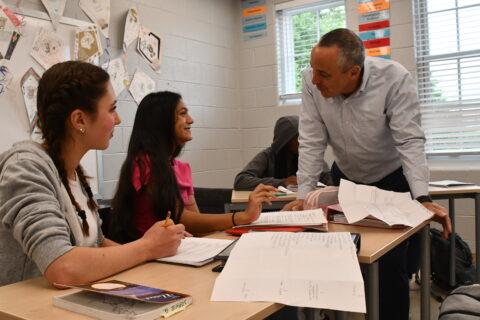
What Research-Informed Strategies Are You Calling For?
By Glenn Whitman I grew up playing many sports, and what I loved about each—mostly soccer (fútbol elsewhere), ice hockey, and golf—was that no training session, game, or match was ever the same. Each brought its own challenges and required
FEATURED POSTS
The Academy: Empowering Educators to Enhance Student Achievement
The Changing Landscape of Education: Insights from Andrew Seidman, Veteran Teacher and MBE Practitioner
Kiran Philip: An Early Childhood Educator’s Journey in MBE and DEB
4 Classroom Ideas That Build Mathematical Acumen Through Spatial Skills
CATEGORIES
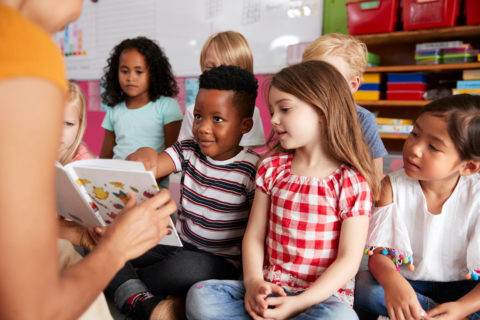
Reading Unraveled: Building Fluency
The ultimate goal of reading is what we do with the information and ideas that we take in through the written word. This involves high order cognitive engagement and is
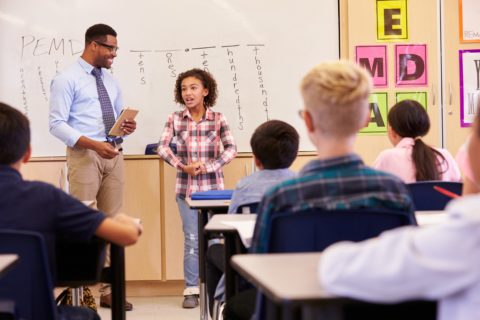
Getting Students Ready for Year-End Assessments of Learning
There are many reasons to enjoy the final month of a school year. One that we particularly like is the chance to measure the academic development of students through final
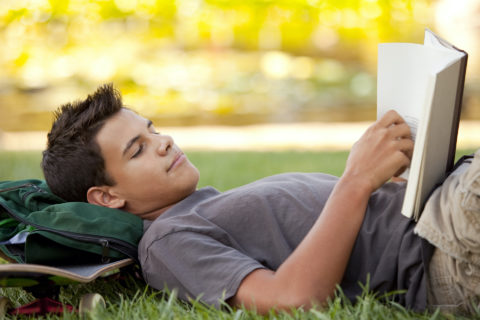
Reading Unraveled: Word Recognition vs. Language Conceptualization
The ultimate goal of reading really is what we do with the information and ideas that we take in through the written word. This is high order cognitive engagement and is
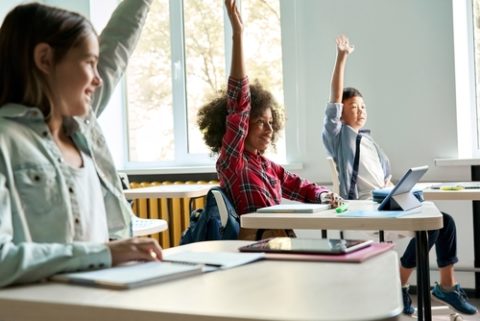
After the Winter Webinar Series: Weaving Together MBE and DEB in Your Pedagogy
This year’s Winter Webinar Series has just wrapped up. My immediate thoughts as the house lights flick out are that this is perhaps the most important topic we have ever
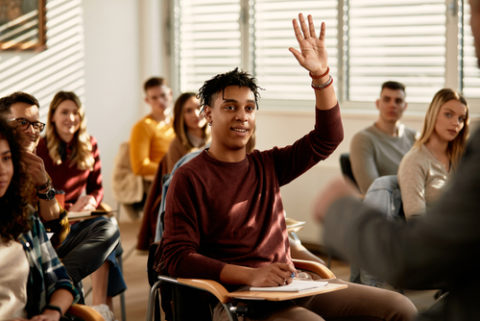
The Value of Mind, Brain, and Education Science from a School Leader’s Perspective
In November 2021, we interviewed Tom Woelper, the founding Head of School at New England Innovation Academy (NEIA) in Massachusetts, to get his perspective on the value of Mind, Brain,
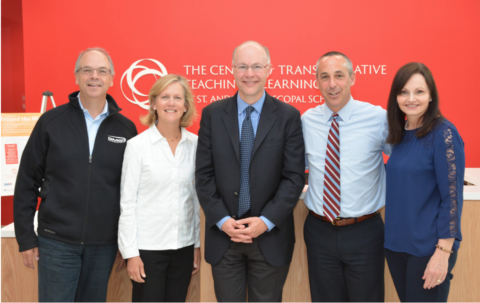
CTTL: 10 Years of Transformation
With St. Andrew’s as the incubator, The CTTL innovates and inspires. In the past 10 years, The Center for Transformative Teaching & Learning (The CTTL) has impacted tens of thousands
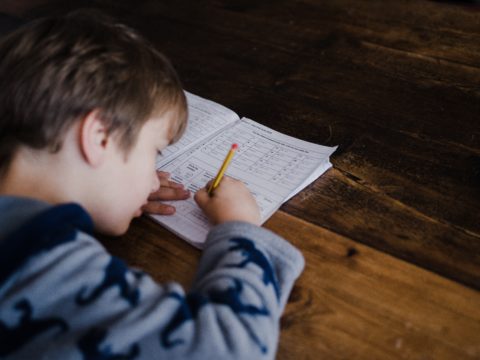
Studying and Stress-Reducing Strategies for Tests and Exams
Along with turkey and the onset of holiday music, tests and midterms are a feature of this time of year. Many schools have exams either before or right after the
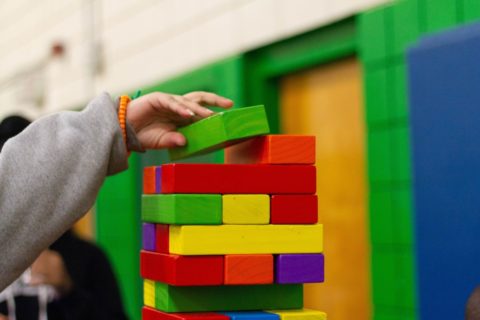
MBE in the Elementary Classroom
Throughout the year, the CTTL will dedicate editions of The Bridge to sharing the experiences of fellow teachers because we appreciate the value of learning from one another.
